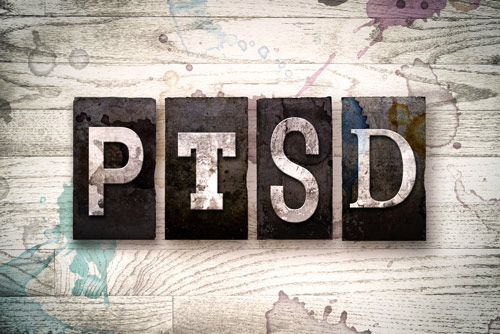Traumatic events are unpredictable, dangerous, and often life-threatening. Individuals who experience traumatic events feel emotionally and physically overwhelmed. During a traumatic experience, your nervous system is in a fight, flight or freeze mode. You may feel frightened, powerless, confused, detached, unsafe and alone. It is common for survivors of trauma to feel shame, guilt, anger, and depression. Additionally, many trauma survivors believe they are weak or something is wrong with them for not “moving on” and getting past the traumatic event.
People who experience trauma tend to manage their fear and anxiety through avoidance. Often this is an attempt to suppress and control their uncomfortable thoughts and feelings. Avoidance can take many forms: some include distancing yourself from supportive people and communities, using substances, and overworking to keep your mind busy and distracted. Using avoidance as your main coping strategy may reduce your distress in the short-run. However, in the long run, it never leads to any meaningful and lasting relief from pain.
Avoidance is also a strategy used to protect yourself from powerful reminders of the trauma, such as people, places, and situations. These triggers can recreate the feelings of helplessness experienced during the traumatic event. Understandably, the impact of these triggers makes avoidance seem like a safer option. However, if avoidance goes untreated, it can have devastating effects on your emotional well-being, your health, and relationships.
In addition to post-traumatic stress symptoms, some individuals experience “moral injury”. Moral injury refers to feelings of regret related to decisions that were made or not made during a traumatic event. This experience leaves a person questioning his or her moral integrity, humanity and spirituality. At Inner Path Psychotherapy we will help you explore these moral wounds and develop greater self-compassion.

 At Inner Path Psychotherapy, we do not see post-traumatic stress as a “disorder” that needs to be fixed but as your mind’s way of managing overwhelming feelings of fear related to the trauma. It is our job as clinicians to help you understand your reactions in a compassionate way and develop the skills to overcome your trauma. Our goal is to help you return to yourself and the important people in your life.
At Inner Path Psychotherapy, we do not see post-traumatic stress as a “disorder” that needs to be fixed but as your mind’s way of managing overwhelming feelings of fear related to the trauma. It is our job as clinicians to help you understand your reactions in a compassionate way and develop the skills to overcome your trauma. Our goal is to help you return to yourself and the important people in your life.